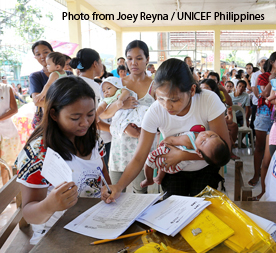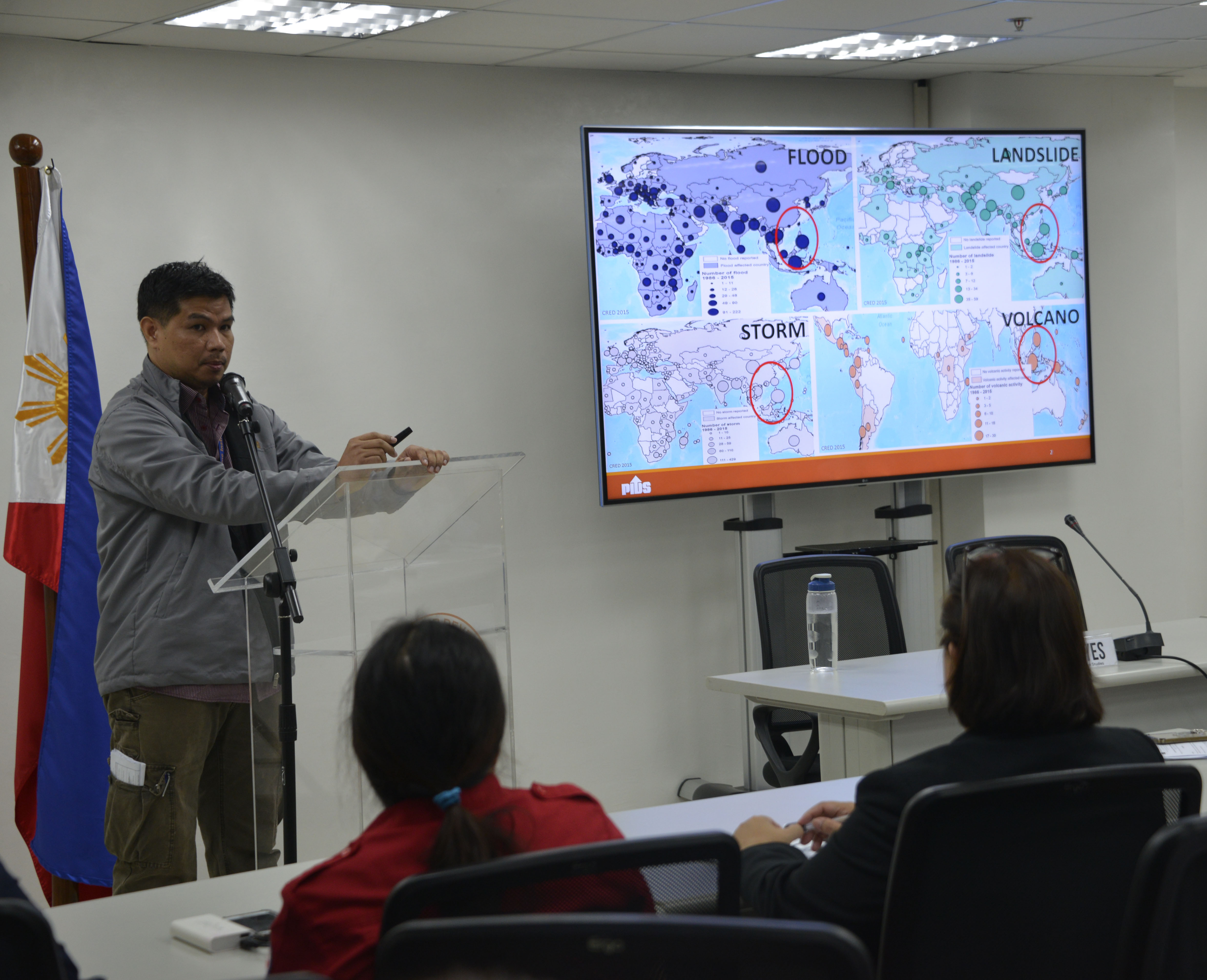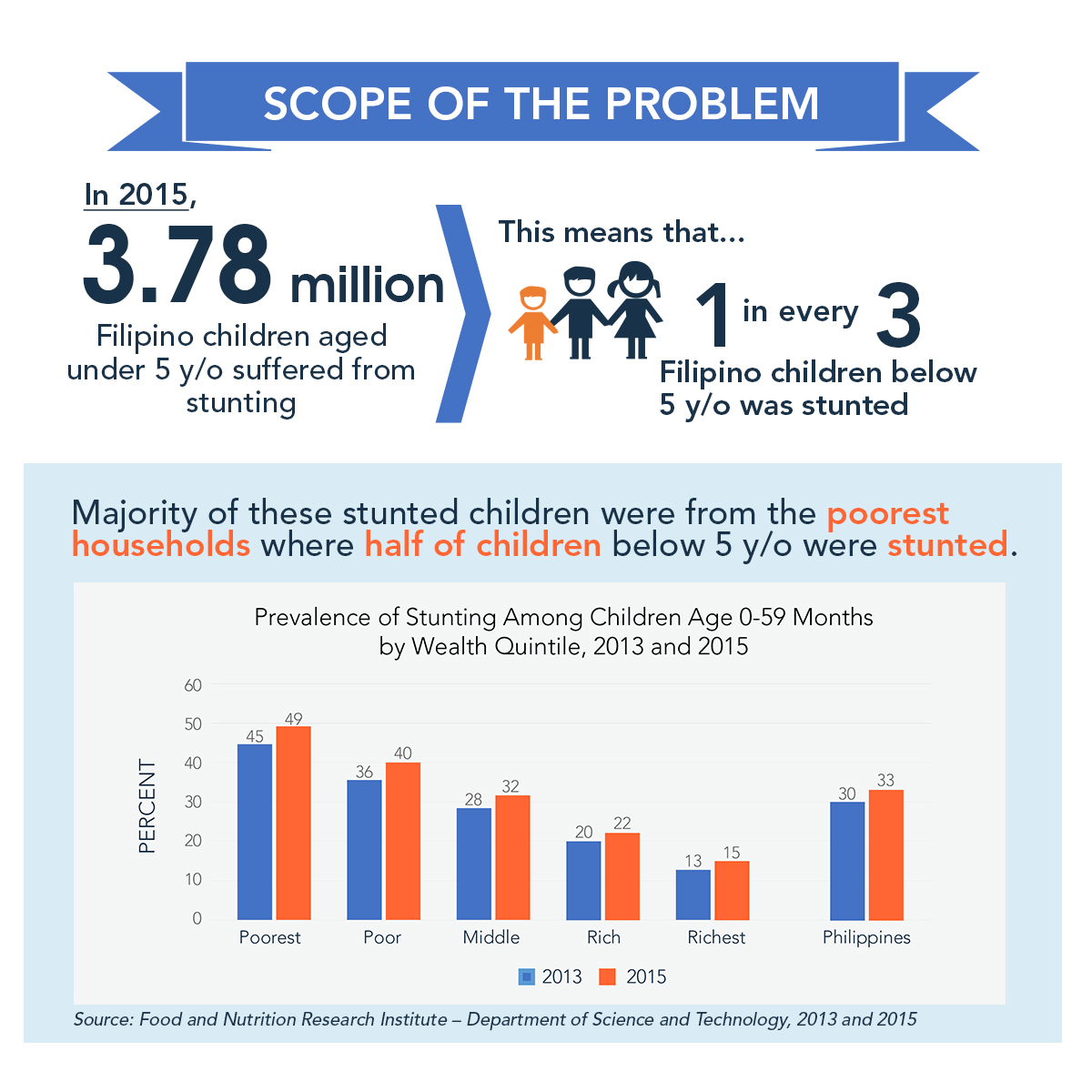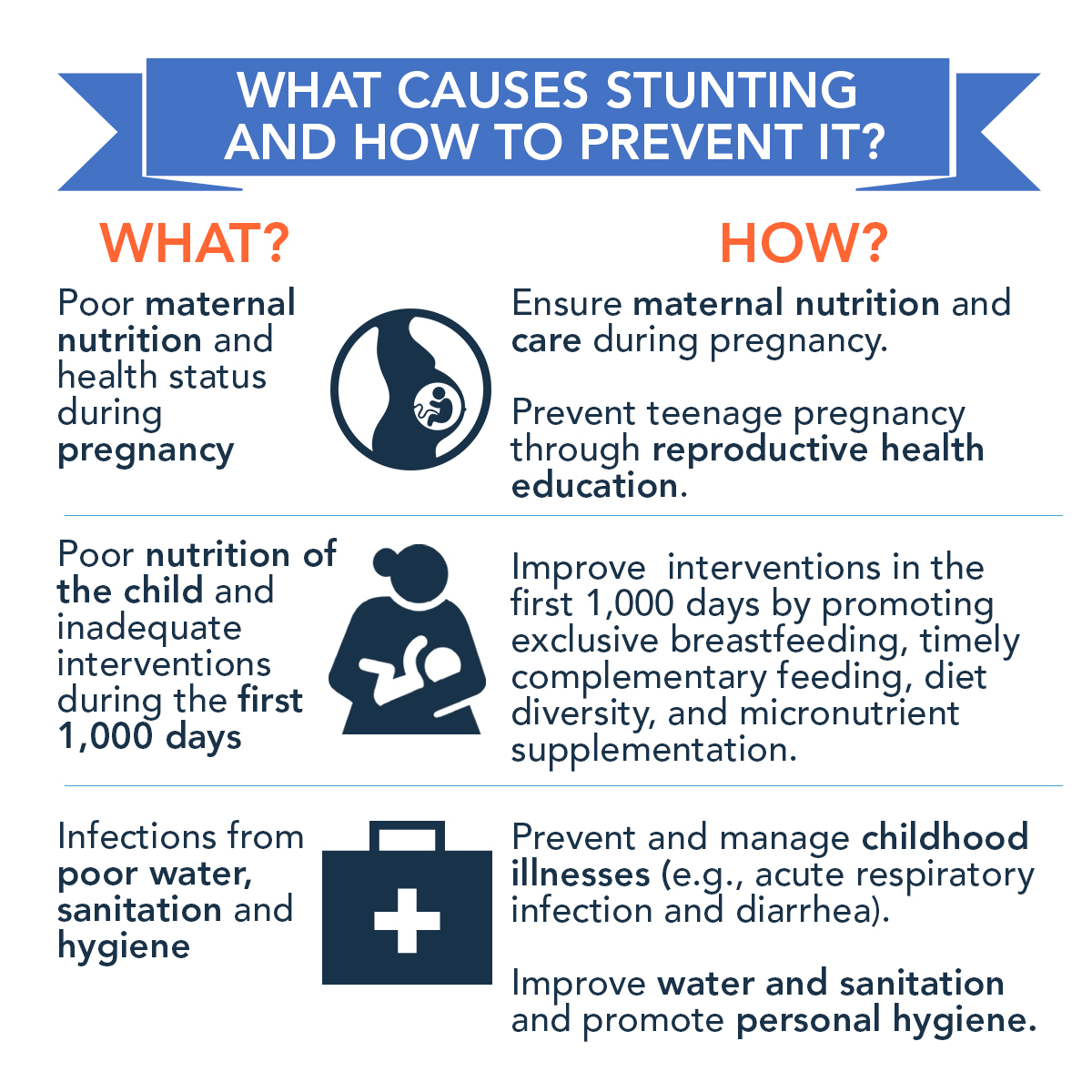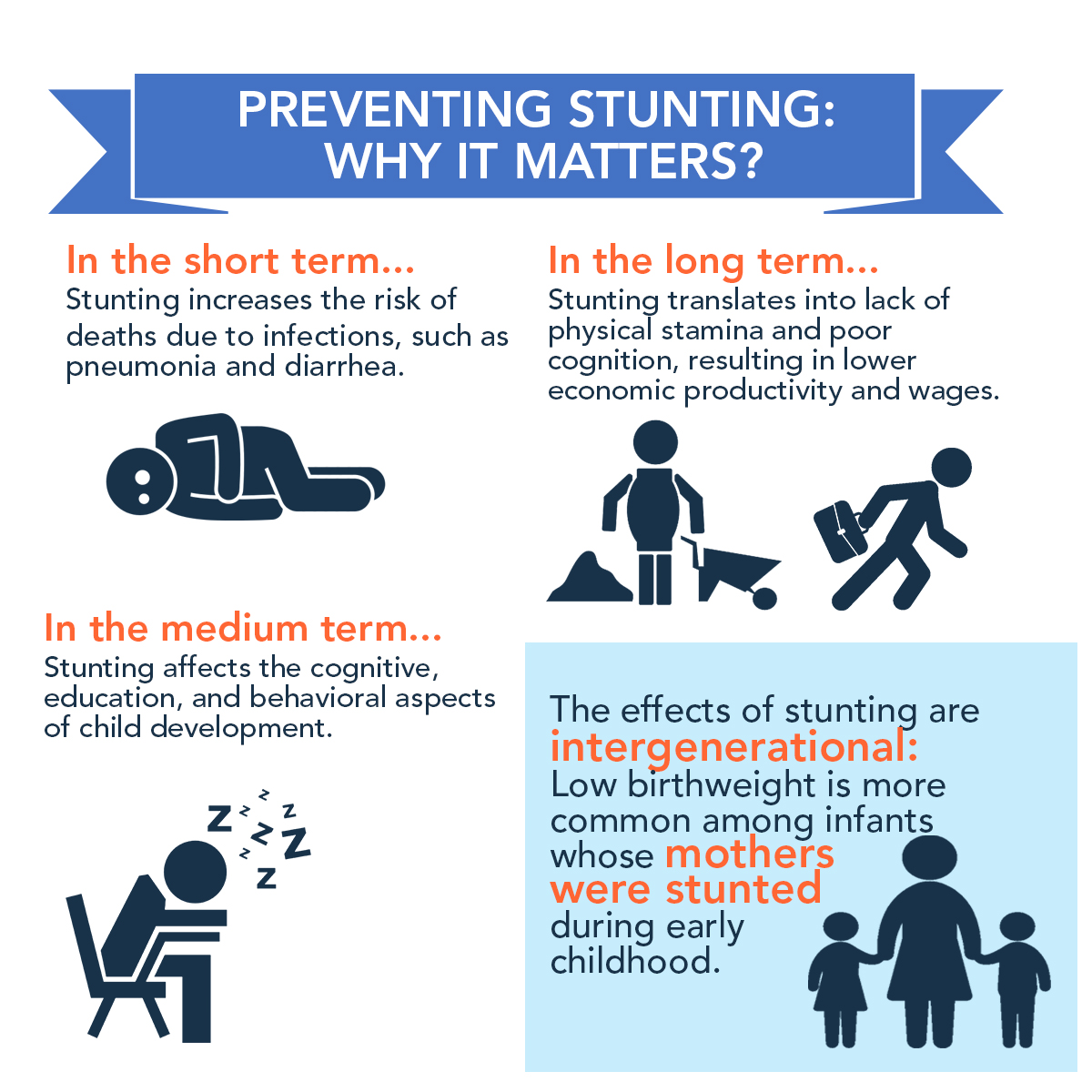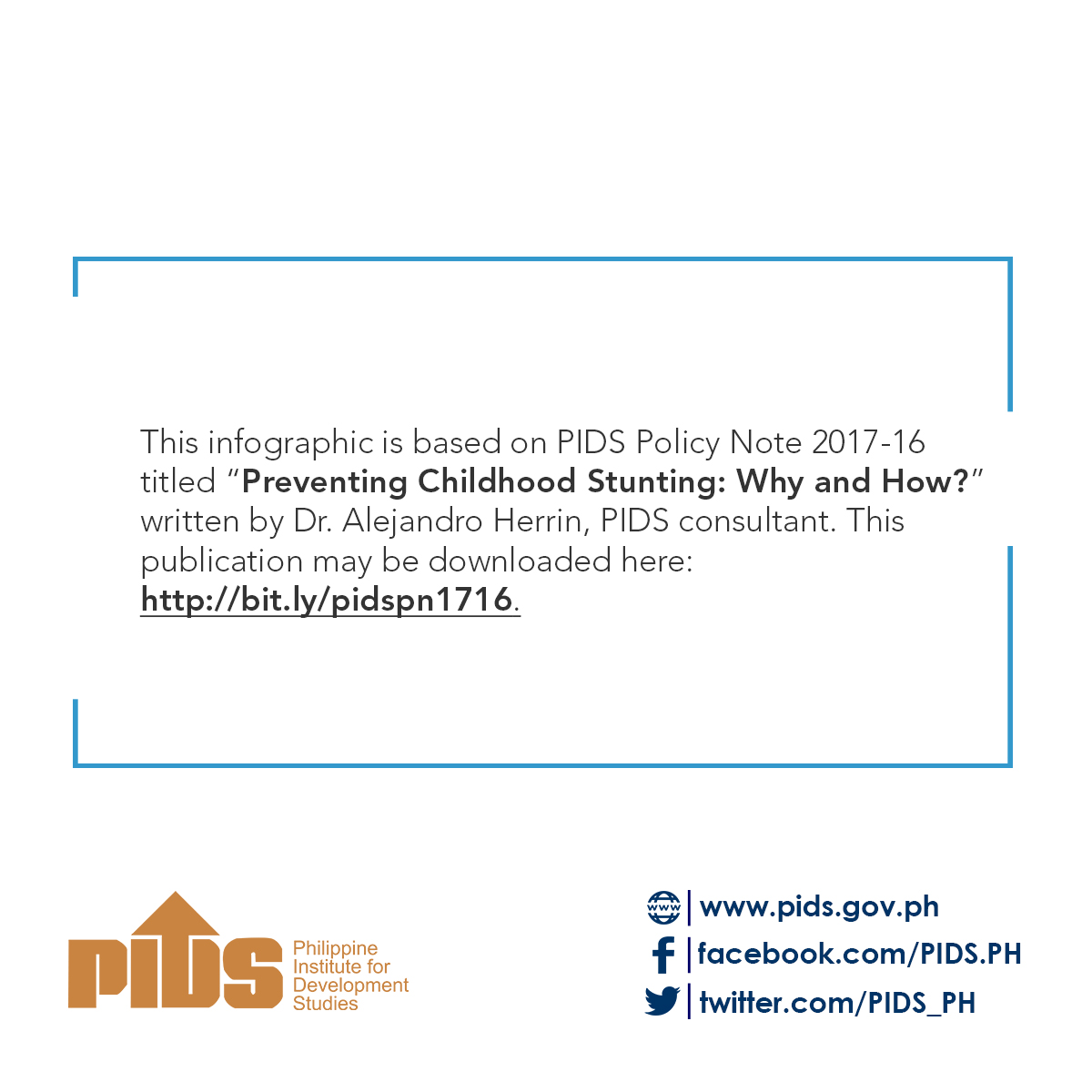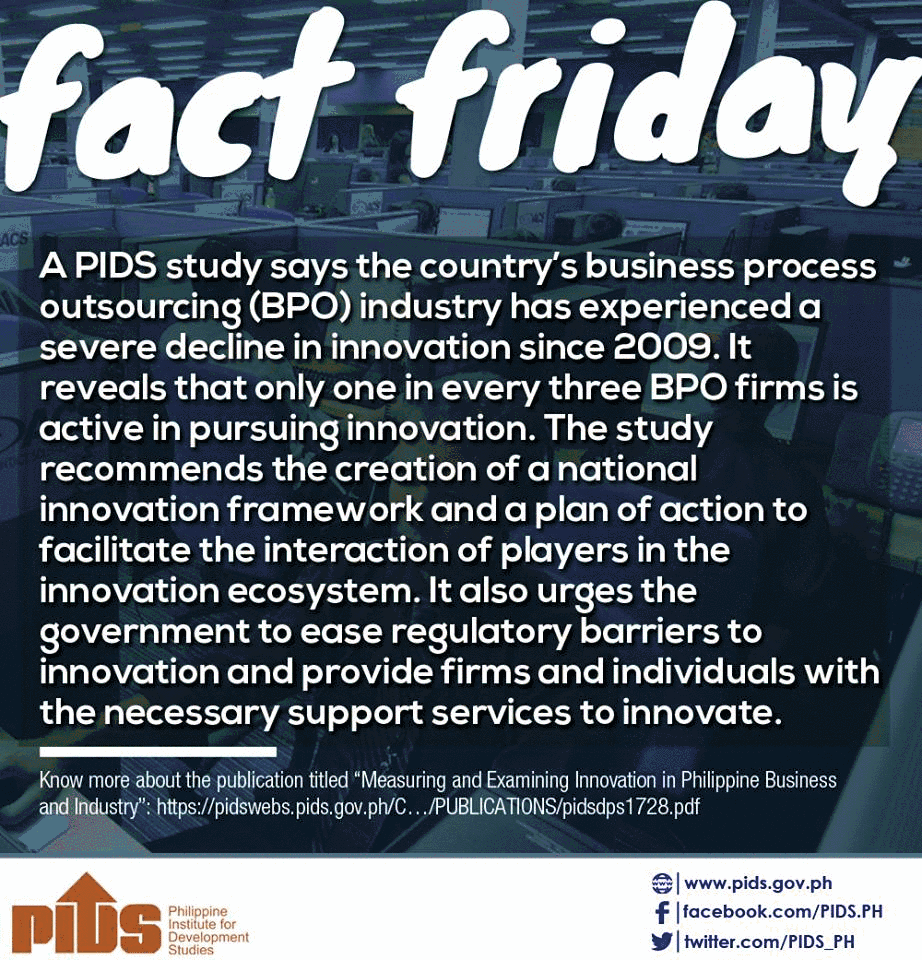Having trouble reading this email? View it in your browser. |
||||
 |
||||
|
||||
RESEARCH PAPER SERIES
Road funds like the Motor Vehicle User's Charge (MVUC) fund in the Philippines are earmarked funds that ensure a stable flow of resources, particularly for public road development projects. However, shortcomings from project identification to fund disbursement hamper effective implementation of the MVUC funding scheme. This paper assesses the different MVUC processes and finds that transparency and efficiency in collection should be improved through automation and accurate recording. Project identification and investment programming must also adhere to the recommended procedures in the operating manual. Finding indications of fund underutilization, it suggests accelerating fund utilization through advance project development and investment programming. Looking at five MVUC-funded projects, it observes that only one of the five projects had an impact monitoring system. Nevertheless, findings from field visits and interviews with beneficiaries reveal that there are positive benefits from the MVUC mechanism. A closer look at successful cases in other countries also reveals good practices that are worth noting. Click here to download the paper.
POLICY NOTE PN 2018-07:
What Drives Filipino Firms to Innovate This Policy Note assesses the state of the innovation ecosystem in the Philippines. Among others, it notes that micro, small, and medium enterprises (MSMEs) do not innovate as much as large firms. It also finds that firms consider the government and public research institutes as the least important source of information on innovation. To encourage MSMEs to take risks and innovate, the study urges the government to tailor its interventions to sector-specific needs of firms, especially in accessing finance, knowledge, and skills. While large firms already have financial and human resources, it also reminds the government they will still need assistance in making a paradigm shift toward seeing the value of going beyond their knowledge and cooperation networks for innovation. The study also calls for an inventory and evaluation of existing mechanisms to strengthen the free flow of information within the innovation ecosystem. Click here to download the paper.
DISCUSSION PAPERS DP 2018-07: Obstacles and Enablers of Internationalization of Philippine SMEs Through Participation in Global Value Chains Small and medium-sized enterprises (SMEs) are important in many developing countries, including the Philippines. However, this sector remains much less productive than their large counterparts. One factor that can help SMEs achieve higher productivity is to connect them to global value chains (GVCs) through internationalization. This paper attempts to determine the challenges and enablers of connecting small and medium businesses to GVCs. It uses data from a survey of Metro Manila SMEs and a set of key informant interviews of SME owners and of government officials tasked to assist SMEs. Findings show that Philippine SMEs are weakly linked to GVCs. The challenges and enablers include (1) competition in ASEAN and East Asia; (2) international standards, regulatory requirements, and local institutions; (3) role of the government; (4) international market demand and inputs supply; and (5) entrepreneurial mindset. Based on the results, some policy implications were formulated. Click here to download the paper. DP 2018-06: Analyzing Decisiveness of Migration Intentions: Analyzing future migration intentions is essential to understanding how migration perpetuates. Those who desire to participate in international migration, which is a complex and nuanced phenomenon, go through an elaborate process of intention-formation, planning, and decisionmaking. Existing literature, however, rarely views migration intentions in such manner. What is more commonly implemented is economic with less focus on the social dimensions of migration decisions. This analysis seeks to explain the influence of social networks on the decisiveness to migrate while controlling the effects of economic forces, subjective perceptions on well-being, and demographic factors. Using data gathered from residents of a selected village with high migration rate, the study found that the individuals' current level in the migration decisionmaking process is vital in analyzing the factors that influence the decision. For instance, migrant networks particularly the closest of kin are important in the advanced phase of concrete migration planning, and not in the initial stage. Know more about the results of the study in this paper. Click here to download the paper. |
July 24, 2018, 1:30–4:30PM July 31, 2018, 1:30–4:30PM September 19, 2018, 9AM–5PM ------------------------------------------
The Philippine Journal of Development is a professional journal published by the Philippine Institute for Development Studies. It accepts papers that examine key issues in development and have strong relevance to policy development. As a multidisciplinary social science journal, it accepts papers in the fields of economics, political science, public administration, sociology, and other related disciplines. It considers papers that have strong policy implications on national or international concerns, particularly development issues in the Asia-Pacific region. CLICK HERE for the guidelines in the preparation of articles. Submissions and inquiries may be sent to PJD@mail.pids.gov.ph.
|
|||
The emergency unconditional cash transfer (UCT) program of the United Nations Children’s Fund (UNICEF) showed positive results on Yolanda victims, according to a study published by state think tank Philippine Institute for Development Studies (PIDS).
State think tank Philippine Institute for Development Studies (PIDS) calls on Congress to hasten the passing of a bill creating a new institutional platform to close the gaps between disaster risk reduction and management (DRRM) and climate change adaptation (CCA) in the country. |
||||
POLICY ISSUE AT A GLANCE Childhood Stunting Stunting, or being too short for one's age, has lasting consequences on one's health, learning, and economic productivity. Sadly, the Philippines has shown little progress in reducing its prevalence in the last 20 years, according to a 2016 study of the Food and Nutrition Research Institute. This infographic explains why it matters to prevent childhood stunting and how this can be achieved. This infographic is based on PIDS Policy Note 2017-16 titled Preventing Childhood Stunting: Why and How? written by Alejandro N. Herrin, PIDS consultant. To view in actual size, visit the PIDS website or the PIDS Facebook page.
FACT FRIDAY Every Friday, PIDS releases nuggets of research results culled from different PIDS studies. Here are the latest #PIDSFactFriday issues. Like us on Facebook for more #PIDSFactFriday issues. |
||||
Need help? Have feedback? Feel free to contact us. © 2018 Philippine Institute for Development Studies.
|
||||
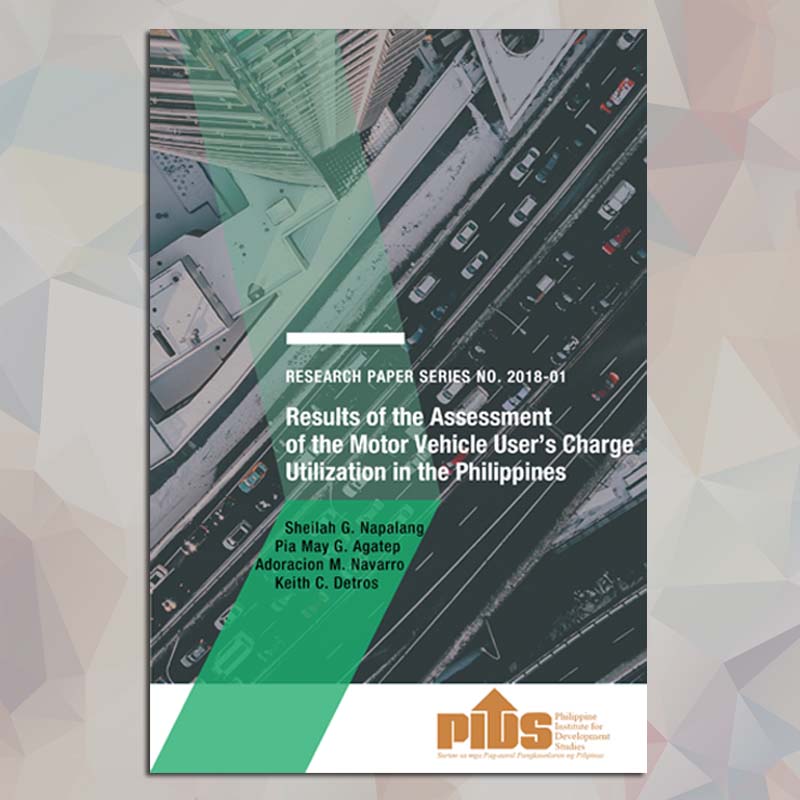
.jpg)
